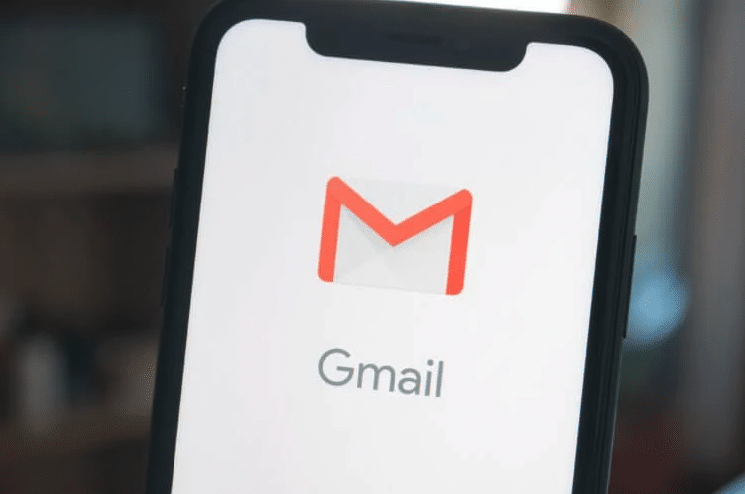As it turns out, compared to Facebook Messenger, Gmail for iOS is white and fluffy. Judging by its privacy labels posted this Monday, Gmail collects data about a user – but not all that it could collect. A week earlier, YouTube for iOS got shortcuts, and Chrome is next. More than ten Google applications are announcing what data and for what purpose they collect about the user. Google announced support for Apple’s initiative and even its plans to implement something similar in Android, only less harsh.
We are all used to the fact that applications begin to require updating from time to time. We are even grateful to the developers for these warnings. Until now, we were convinced that important and serious reasons caused such warnings. And they start to bother us if they fix something: either something related to the security of the application, or some bug, or they added something new and interesting and want us to get to know this new one as soon as possible. It turns out that in some companies, a timer is sewn into the code, which turns on these warnings after one and a half to two months, without any connection with reality.
YouTube users started receiving this message in mid-February.
What data is collected by the Gmail app?
On February 13, 2021, a few days after Google’s iOS apps suddenly began begging for an update (which was not there), Google released YouTube 15.49.6 for iOS, with all Apple-required declarations turn into privacy labels in the App Store. YouTube shortcuts, as you’d expect, looked decent. But with Gmail, things are a little different: the declarations are added on the server-side, and the new version, which has been so eagerly awaited, has not yet been released. The reasons for her delay are unknown how Google Chrome will regain the right to update in the App Store, too. But applications such as Stadia, Authenticator, Translator, Classroom and others have already returned the right to update.
The list of data collected by Gmail can be seen in the picture below. Overall, nothing out of the ordinary (apart from the search history).
During the month, from December 7 to January 5, Google did not release a single software update for iOS (and it is prevalent, and people noticed it), never answered questions from users concerned about the lack of these updates, and did not comment in any way. What is happening in the media because of which? Those who use Google applications for iOS simply could not help but come to the conclusion that Google strongly disagrees with informing Apple and its App Store about what data it collects about the user and his device and for what purposes. And if she fails to convince Apple to make an exception for her, she will leave the App Store. And iOS will no longer have Google Chrome, YouTube, Gmail, or the other apps that many are accustomed to and miss.
On January 5, unexpectedly, Google made a statement: the company will comply with Apple’s requirements; for this, it is necessary to make some changes to the applications, updates of Google’s iOS applications should resume.
That is, the texts of declarations (privacy labels) for none of the iOS applications were approved, corrections in the code were not authorized – for almost a month, Google was waiting for something. And on January 5, someone from Google’s management promised to fix everything quickly. It didn’t work out quickly.
How effectively privacy labels protect privacy is unknown. The summaries of the data collected by the application are made up of people. It is impossible to thoroughly and exhaustively check if the developer has not kept silent about anything. Someone seems to have checked the privacy labels of the most popular apps in the App Store for reality and found that more than half of them do not tell the whole truth. That is, applications collect data about which there is not a word in the labels. As if the revealed glaring facts were already provided by Apple two or three weeks ago. There is no information about Apple’s reaction – correspondence between Apple and members of the Apple Developer Program is confidential. There was no doubt that someone would definitely lie, so anything is possible.
